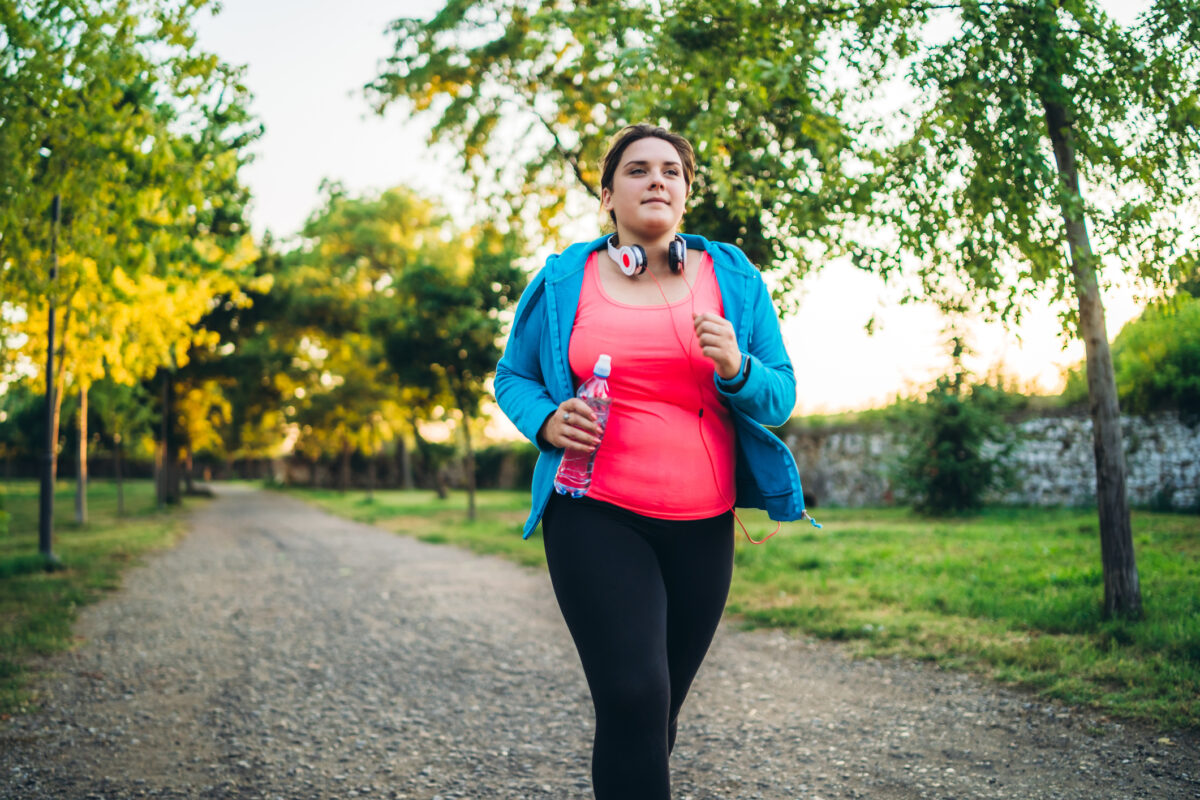Physical fitness is a major component of leading a healthy lifestyle. Along with eating wholesome, nutritious foods to fuel your body, partaking in regular exercise keeps you fit mentally and physically. Exercise also benefits people in addiction recovery in numerous ways:
Better Control Over Mood
Addiction recovery is an emotional rollercoaster. Some days you’ll feel confident and assured in your sobriety. On other days, you’ll experience worries about the future. While it’s natural to feel a wide range of emotions during recovery, it can make it harder to stay on track.
Exercise is a great method for stabilizing shifting emotions, as the natural release of endorphins after physical activity induces a peaceful feeling. When you exercise consistently, you’ll find it much easier to regulate your moods.
Decreased Stress Levels
Stress is a trigger for so many people in addiction recovery. Whether due to life, your job, your family, or addiction issues themselves, stress has a negative impact on your body and mind. It can also lead people with substance abuse struggles to self-medicate using their drug of choice.
While you can’t avoid stress, you can mitigate its harmful effects. Bouts of physical activity releases anxiety, no matter what the underlying cause is. Even a brief 30-minute walk once a day can help you lower stress levels.
Enhanced Energy and Motivation
You may feel mentally drained while going through the recovery process. This can lead to a sluggish, lethargic feeling that makes performing even the smallest tasks feel like a massive chore.
Along with its other positive benefits, exercise can also have an impact on your energy levels. The more energetic you feel during the day, the more motivated you will be to live life to the fullest. You’ll also be better equipped to maintain your sobriety.
Exercise alone can’t stop substance abuse issues, but it is a great supplement to your recovery plan. Duke City Recovery Toolbox uses a multi-tiered approach to help you establish and maintain sobriety. We offer behavioral therapy, medication-assisted treatment, and family therapy when helping patients in Albuquerque. Please contact us today to learn how to enroll yourself or a loved one in our services.




